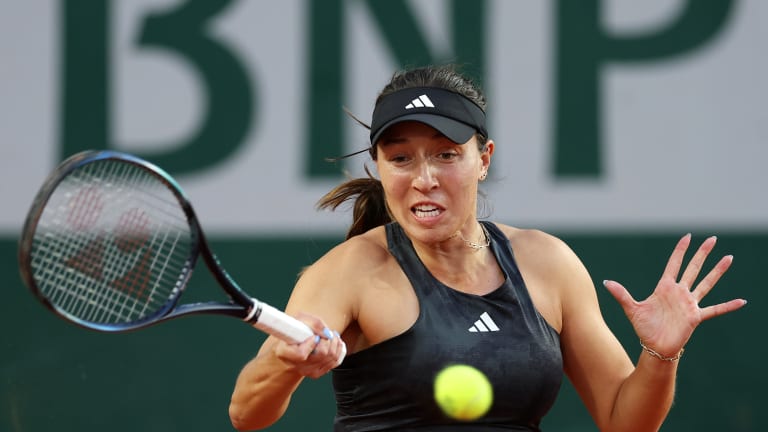Roland Garros
Jessica Pegula defuses powerful Danielle Collins in Roland Garros opener
By May 28, 2023Roland Garros
Rafael Nadal to be honored with 'exceptional' tribute on opening day of Roland Garros
By Apr 17, 2025Roland Garros
French Open organizers introduce draw to access ticket sales
By Jan 07, 2025Roland Garros
Coaches Corner: Juan Carlos Ferrero proves essential to Carlos Alcaraz's Roland Garros success
By Jun 14, 2024Roland Garros
What’s next for Novak and Nadal? Four ATP storylines after the Paris fortnight
By Jun 10, 2024Roland Garros
Naomi’s resurgence, Iga on grass: Four WTA storylines after the Paris fortnight
By Jun 10, 2024Roland Garros
Carlos Alcaraz becomes the clay-court champion that he—and we—always knew was possible
By Jun 09, 2024Roland Garros
Coco Gauff wins first Grand Slam doubles title with Katerina Siniakova in dream team debut
By Jun 09, 2024Roland Garros
Coco Gauff is a Grand Slam champion in singles and doubles, exceeding her own expectations
By Jun 09, 2024Roland Garros
From Rafa to Iga: as one owner of Roland Garros departs, a new one has moved in
By Jun 08, 2024Jessica Pegula defuses powerful Danielle Collins in Roland Garros opener
As the top-ranked American's 6-4, 6-2 victory demonstrated, no tournament reveals one’s level of match toughness more vividly than Roland Garros.
Published May 28, 2023
Advertising
Advertising

“I'm happy that I was able to kind of shift my perspective, at least today, and be able to play really great tennis," said world No. 3 Pegula.
© Getty Images